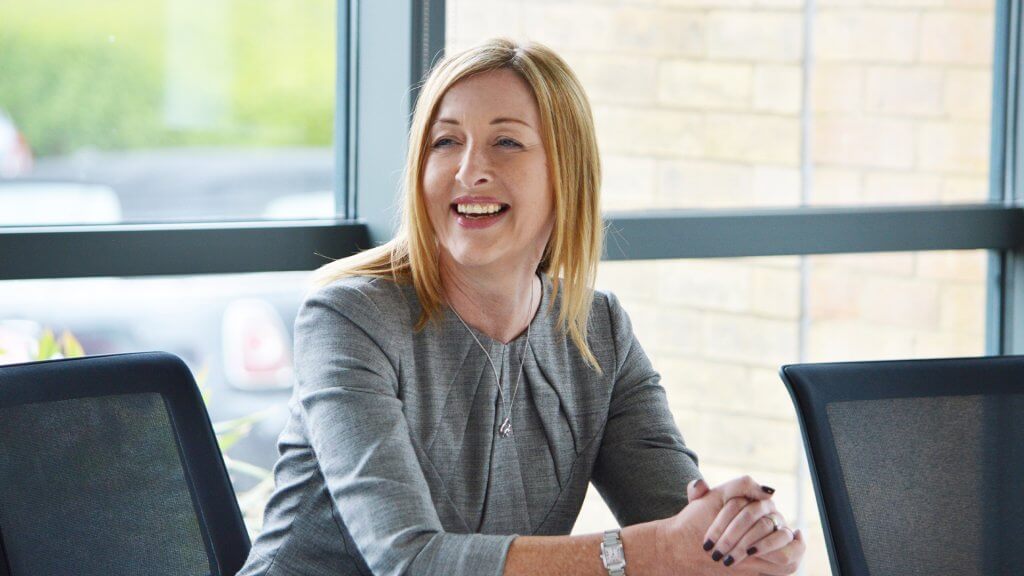
Artificial intelligence versus regulation: friends or foes?
As we stand on the threshold of the Fourth Industrial Revolution, the landscape ahead includes developments in areas such as blockchain, internet of things, and nanotechnology: developments that are taking place at a faster rate than many of us are able to keep up with – or even easily comprehend.
Artificial intelligence (AI) is one of these very interesting areas of development that could revolutionise our day to day lives, much as the internet did in the last century.
The term AI is often used to refer to the development of computers, computer programs or applications that can, without direct human intervention, replicate processes which are traditionally considered to require a degree of intelligence, such as strategy, reasoning, decision making, problem solving and deduction processes. For example, an AI program can use algorithms to analyse datasets, and make decisions and take actions based on the output of the analysis – an analysis that would
Potentially AI has the potential to supplant a great number of human processes, and it can do so cheaper, faster and without human error. However, in practice the current applications and opportunities are much more limited and constrained by practical factors such as the sheer processing power that is required, especially pending a breakthrough in quantum computing, and ‘design’ limitations such as the inability to learn by extrapolating from limited failures, or to apply common sense to scenarios.
Is this development a good thing? AI can cut costs, eliminate human error, and potentially make products and services available to those who might not otherwise be able to access them. But what about the possible downsides?
50 years ago, in the film 2001: a Space Odyssey, an AI slowly turns from being the humans’
Regulation is the most frequent knee-jerk response to any such question of ‘what if…’. However, many regulators are cautious about imposing regulation in a vacuum, seeking to prescribe or proscribe technologies rather than focusing on particular applications of technologies. The
In the financial services space, AI has already been making inroads on market practices, as evidenced by:
- Behavioural Premium Pricing: Insurance companies have been deploying algorithms to, for example, price motor insurance policies based on data gathered about the prospective policyholder’s driving habits.
- Automated decision making: credit card companies can decide whether or not to grant a credit card application based on data gathered about the applicant’s spending habits and credit history as well as age and postcode.
- Robo-advice: a number of firms have developed offerings that can provide financial advice to consumers without the need for
direct human interface, based on data input by the customer regarding means, wants and needs etc, and measured against product models and performance data to find appropriate investments.
Automating these processes with AI offers the ability to manage downwards the costs of servicing a given market while potentially eliminating rogue variables caused by human fallibility. AI could thereby help to make financial services products more accessible to the public, enabling them to be offered at a price that is affordable to a greater section of the public
What could the regulators do to address these potential
Practically, regulators will need to work with firms to ensure that the need to comply with such outcomes does not block development. Since 2016, the FCA has made available a regulatory ‘sandbox’ for firms, to let them develop new ideas in a ‘safe’ surrounding, to contain risks of customer detriment while products are in development, and to offer support in identifying appropriate consumer protection safeguards that may be built into new products and services. The FCA is now exploring the expansion of this sandbox to a global staging: working with other regulators around the world to support firms that may offer their products in more than one regulatory jurisdiction. The FCA has also been meeting with organisations who are working to expand the current boundaries and applications, at
By working together to balance potentially competing factors such as technological development and consumer protection, regulators and the industry may be able to provide a stable platform to develop
For more information, please contact:
Roseyna Jahangir, Associate at Womble Bond Dickinson (UK) LLP
Email: [email protected]
Tel: 0207 788 2377





















